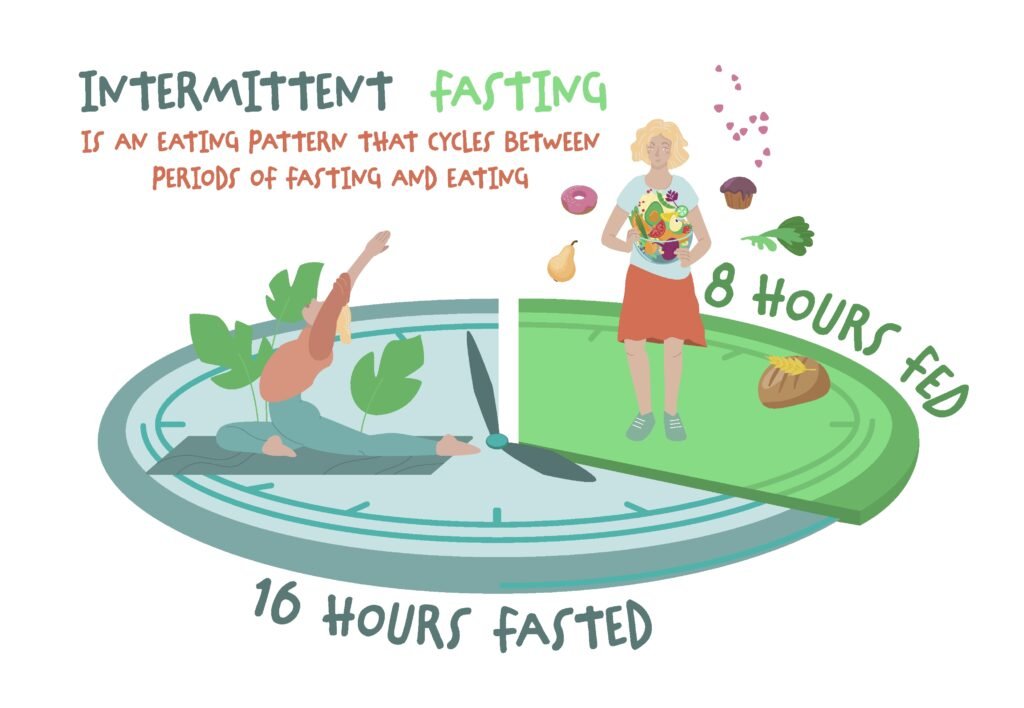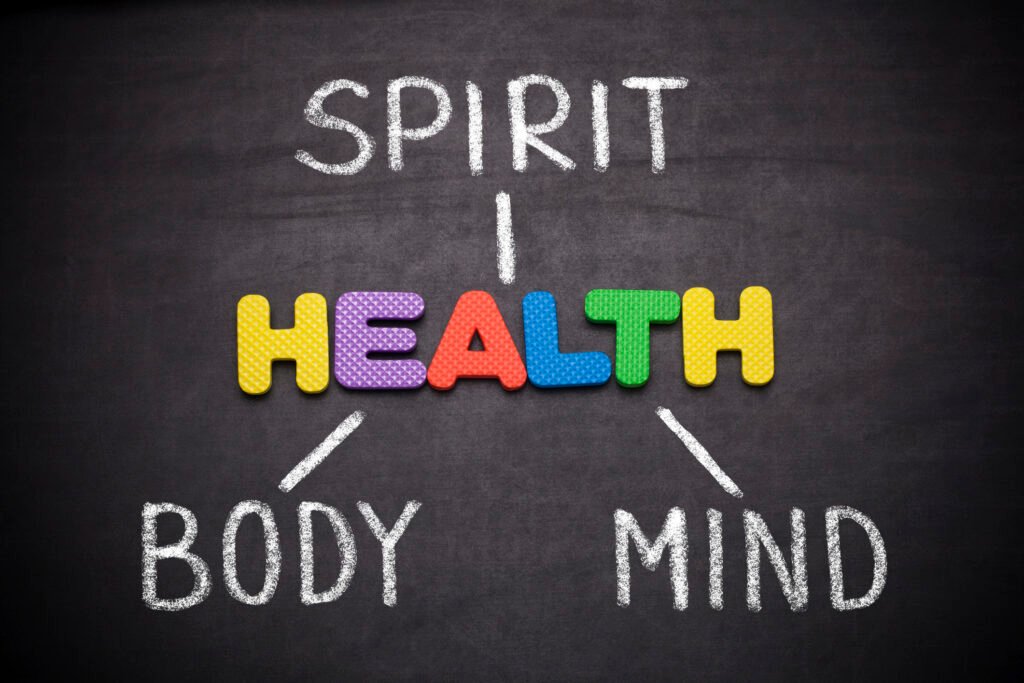In a world obsessed with snacks, superfoods, and 24/7 eating, the idea of not eating for long stretches might sound extreme—or even unhealthy. But what if skipping meals with intention is actually one of the oldest wellness practices in human history?
Intermittent fasting, often framed today as a trendy biohack or weight loss tool, is far from new. Long before it was backed by science, fasting was a way of life—woven into spiritual rituals, healing traditions, and survival rhythms. Now, modern research is uncovering what ancient wisdom always hinted at: giving your body regular breaks from eating may be one of the most powerful tools for longevity, mental clarity, and metabolic health.
This isn’t about deprivation—it’s about design. When practiced correctly, intermittent fasting can help reduce inflammation, balance blood sugar, and even sharpen your focus. In this post, we’ll explore how this ancient ritual is redefining what it means to eat well, live strong, and feel energized in the 21st century.
There’s a rising trend across health circles, influencer wellness spaces, and even church groups—and it’s more ancient than we think. Intermittent fasting (IF) has swept the wellness world as a go-to for weight loss, longevity, and mental clarity, but few realize that its roots may be found in the sacred pages of Scripture.
Yes, you read that right: this trending “diet hack” may be a modern twist on an age-old spiritual discipline. Fasting is not new. In fact, long before it was featured on podcasts and TikTok reels, it was a biblical practice used for clarity, surrender, and deeper intimacy with God.

So, what exactly is intermittent fasting—and what does the Bible have to say about it?
What Is Intermittent Fasting, Really?
At its core, intermittent fasting is not a diet—it’s a pattern of eating that alternates between periods of eating and fasting. One of the most popular forms is the 16/8 method, where you fast for 16 hours and eat within an 8-hour window (say, 10 a.m. to 6 p.m.). Others may fast for 24 hours once or twice a week, or limit calories drastically on certain days.
According to Mayo Clinic, the physiological changes during fasting trigger your cells to repair, rebalance, and optimize energy use. It can push the body into a metabolic switch, tapping into stored fat for fuel—hence the often-reported benefits like weight loss, improved blood sugar regulation, and reduced inflammation.
But there’s more going on than just biology.
Fasting: A Sacred Ritual with Ancient Roots
The Bible is rich with references to fasting—not as punishment or performance, but as a sacred space for transformation. In Matthew 6:16-18, Jesus offers guidance on how to fast with humility and intention:
“When you fast, do not look somber as the hypocrites do… But when you fast, put oil on your head and wash your face… your Father, who sees what is done in secret, will reward you.”
This is not about public performance; it’s about inward renewal.
In Joel 2:12, God calls His people back with these words:
“Even now,” declares the Lord, “return to me with all your heart, with fasting and weeping and mourning.”
Fasting in Scripture often accompanied prayer, repentance, or important decisions—Jesus fasted 40 days in the wilderness before beginning His ministry (Matthew 4:1-2), and Esther called her people to fast before approaching the king (Esther 4:16).
Could it be that our modern interest in fasting is an echo of this ancient spiritual longing?
The Science Catches Up
Interestingly, modern science is beginning to affirm what many faith traditions have long known: fasting can be deeply healing—physically, mentally, and emotionally.

Dr. Mark Mattson, a neuroscientist at Johns Hopkins and leading IF researcher, has studied intermittent fasting for over two decades. He explains:
“When you’re fasting, your body initiates important cellular repair processes, and changes hormone levels to make stored body fat more accessible.”
His research has shown links between intermittent fasting and reduced risks of type 2 diabetes, cardiovascular disease, Alzheimer’s, and even cancer.
It’s also been associated with enhanced cognitive performance and neuroplasticity. Essentially, your brain works better when it gets a break from constant digestion.
Still, not everyone agrees on its safety for every population.
Registered dietitian Lauren Harris-Pincus warns that intermittent fasting is not recommended for everyone:
“It’s not appropriate for people with a history of disordered eating, children, pregnant or breastfeeding women, or those with certain medical conditions like type 1 diabetes.”
And while a 2024 study linked time-restricted eating to an increased cardiovascular risk, many experts—including Ohio-based cardiologist Dr. Lou Vadlamani—say more robust research is needed before drawing hard conclusions.
“It raises questions, but it’s a stretch to say fasting directly causes cardiovascular harm,” he explains.
A Mind-Body-Spirit Reset
More than a trendy wellness protocol, intermittent fasting can be a gateway to intentional living. It invites us to pause. To listen to our bodies. To return to God.

Unlike crash diets or toxic weight-loss culture, fasting—when done mindfully—can become an act of worship, not obsession.
Whether you’re fasting for clarity before a big decision, as part of a faith journey, or exploring IF for health, the key is alignment. Aligning your body’s rhythms with your spiritual values. Listening deeply. Approaching it not from scarcity, but from spiritual abundance.
Romans 12:1 reminds us:
“Offer your bodies as a living sacrifice, holy and pleasing to God—this is your true and proper worship.”
Final Thoughts: Should You Try It?
If you’re curious about intermittent fasting, consider both the science and the soul. Check in with a healthcare provider. Reflect on your intention. Is it to get closer to God? Improve your energy? Reclaim discipline?
Intermittent fasting isn’t a miracle cure or a universal answer. But when approached thoughtfully—with prayer, research, and respect for your body—it might be the ancient-modern practice your mind, body, and spirit have been seeking.
And in a noisy world that glorifies constant consumption, perhaps the most radical act of health and holiness is this: to fast.
Have you ever tried intermittent fasting—either for health or spiritual reasons? What was your experience like? Share in the comments or join our iFocusLiving community where we explore wellness through a faith-based lens.
#FaithAndFasting #iFocusLiving #MindBodySpirit #IntermittentFasting #ChristianWellness #SacredHealth #Matthew6 #BiblicalSelfCare #LifestyleWithPurpose






